
The British Retail Consortium (BRC) has expanded on its previous announcement that alater Black Friday than usual last year had impacted sales in stores.
As Convenience Store previously reported, figures for 2024’s festive sales were somewhat skewed by a later than normal Black Friday and Cyber Monday, the later timing meant it fell into December, rather than November figures, while the reverse was true in 2023.
This artificially worsened November figures and improved the December figures, the BRC said. Now, it has added that non-food prices are likely to appear more deflationary than the underlying trend would suggest.
For the period spanning 1-7 December 2024, shop price annual growth remained at its lowest rate since August 2021 and non-food mained in deflation at -2.4%, edging down from -1.8% in the preceding month.
Helen Dickinson, chief executive of the BRC, said: “Retailers discounted heavily for Black Friday this year as they attempted to make up for weaker sales earlier in the year. However, the later Black Friday timing brought many of the non-food discounts into the measurement period, making non-food prices look more deflationary than the underlying trend. With food inflation bottoming out at 1.8%, and many price pressures on the horizon, shop price deflation is likely to become a thing of the past.
“As retailers battle the £7 billion of increased costs in 2025 from the Budget, including higher employer NI contributions, a new national living wage and new packaging levies, there is little hope of prices going anywhere but up. Modelling by the BRC and retail CFOs suggest food prices will rise by an average of 4.2% in the latter half of thisyear, while non-food will return firmly to inflation.
”The government can still take steps to mitigate these price pressures, and it must ensure that its proposed reforms to business rates do not result in any stores paying more in rates than they do already.”

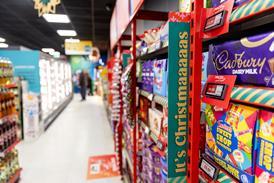







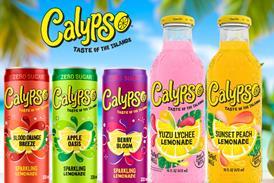











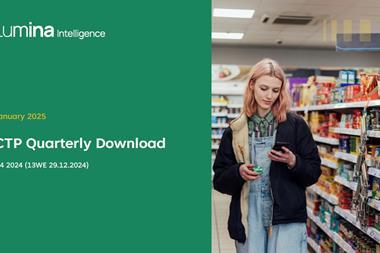
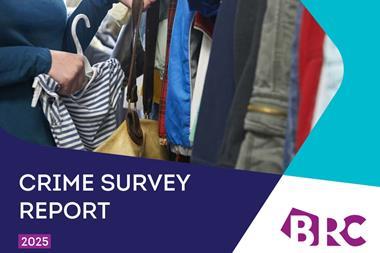


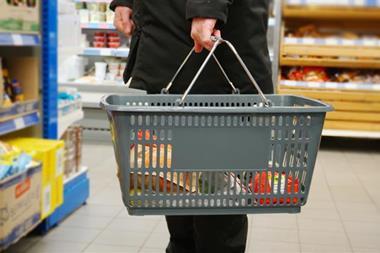






No comments yet